Nkem DenChukwu is a tenacious advocate for self-awareness and national identity, who has her priorities right. In spite of her successes as a writer and film producer, DenChukwu understands that her most important job is raising her four children to be good citizens who understand boundaries, yet are strong enough to stand up for themselves. NPM sat down with the writer and film producer to discuss her childhood, parenting style and career. Enjoy the interview.
NPM: Good afternoon, and welcome to Nigerian Parents Magazine. We are very excited to have you.
DENCHUKWU: Thanks for having me.
NPM: You are doing phenomenal things – writing books, producing films and still raising some wonderful children. However, we are going to start from the beginning. Tell us about your family and growing up.
DENCHUKWU: My name is Nkemdilim DenChukwu. I was born and raised in Enugu in a family of twenty-eight children. My dad married four wives. I am the sixth of my mother’s seven children. I went to high school in Nigeria and moved to the United States twenty-eight years ago. I have a bachelor’s degree in computer networking and a master’s degree in healthcare administration. However, my first love has always been creative writing. So here we are. I write books, and I produce independent films. In addition, I have four children.
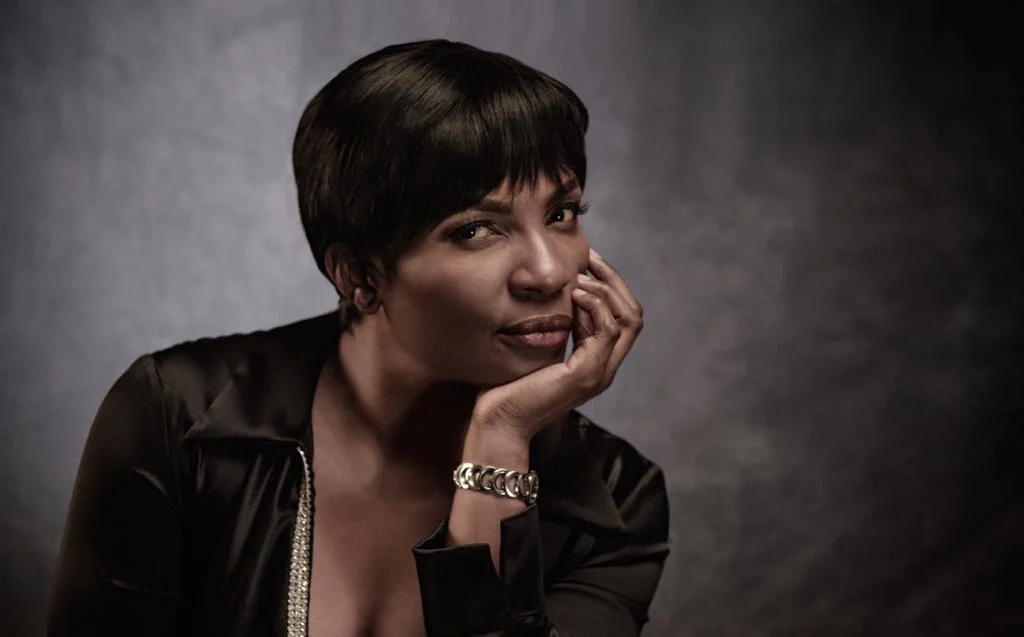
NPM: How did you go from computer networking to being a film producer and writer of big fiction books?
DENCHUKWU: I got married after my bachelor’s degree. Soon after marriage, I started having children. My husband, at the time, and I decided that I would stay home and take care of the children. While staying at home, I figured that I could get my master’s degree in something other than just raising children and being a wife. Therefore, I went back to school for my master’s degree in healthcare administration. However, the marriage fell apart and I left.
I started looking for work in the industry and I tried for so long but it was difficult, coupled with a lot of sexual harassment, especially among the Nigerian community. I became frustrated. My children were babies at the time and I needed to do something to ensure that the bills were paid. My friends always remind me of how well I wrote when I was in high school.
One day, I received a letter that I wrote twenty-seven years ago. At first, I refused to read it. It was a three-page handwritten letter. Another friend of mine said to me: “Nkem, you are always writing and coming up with these words and ideas. You should write a book”. That was how I actually considered writing a book.
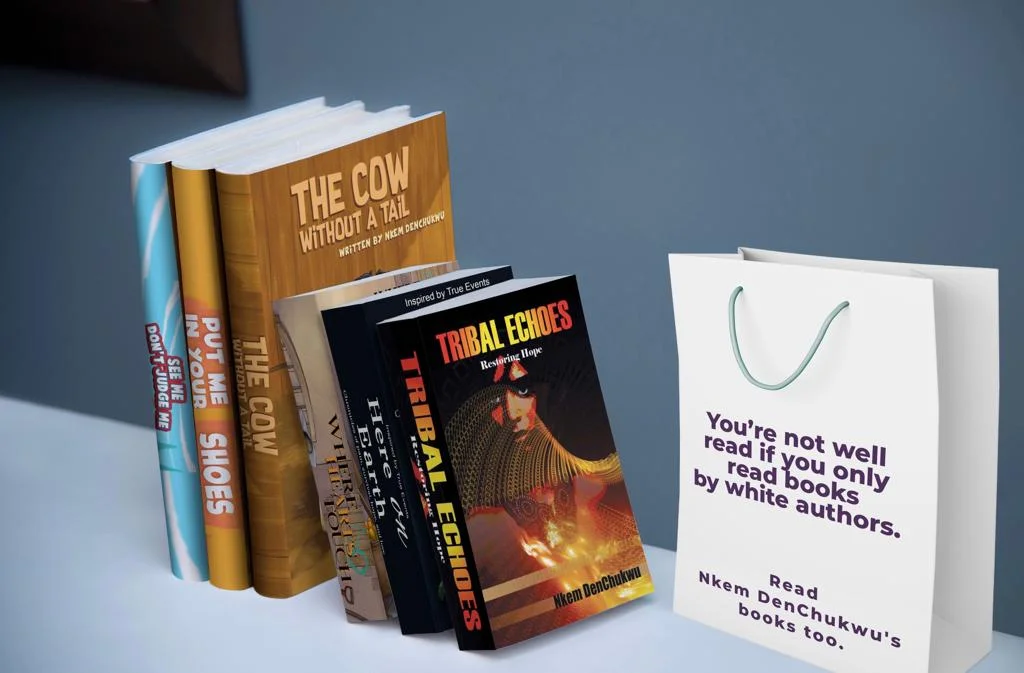
As you know, back in Nigeria, we were not encouraged when it comes to art, even when you had the talent. Your parents always wanted you to study something that they think is more professional or that will make you more money. I was never encouraged. However, when my brother said that I should write a book, it struck me as a good idea. Instead of complaining about things and about being sexually harassed, I decided to channel my energy towards something that I enjoyed doing. That is how I wrote my first book Tribal Echoes in 2012.
NPM: You are a prolific writer. What inspires you in choosing what to write?
DENCHUKWU: Many times, I draw inspiration from words, statements and stories that I have come across. People think it is odd, but I do not think so. I can come up with titles in many ways. Even in a conversation with someone and something might spark my interest as something I could discuss in writing. The idea will take me to a point, and then I can expand on it and decide how I can put a story together. For example, one of my books – When Hearts Touch – which is not published yet, was inspired by a picture I saw. I came up with the title because I saw the picture. My inspiration comes from everywhere. My titles and ideas come from everywhere. It could be the sunrise. And it can be food or even laughter. Therefore, it really depends. It can just be from my COVID experience while I was sitting at home quarantined and feeling hopeless and helpless.
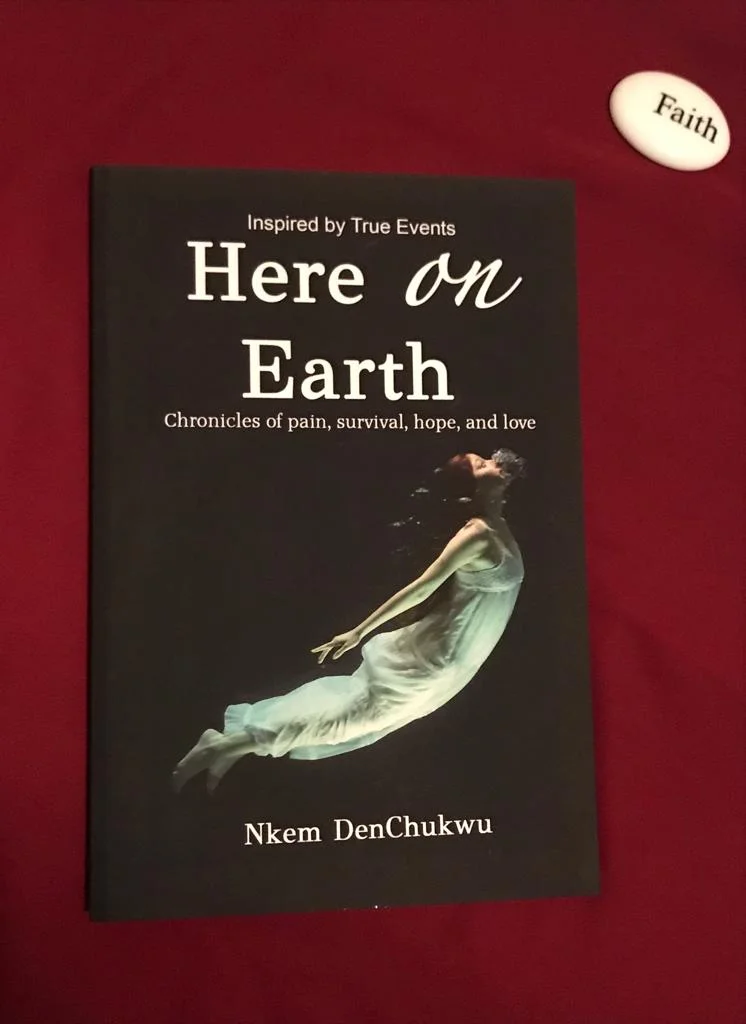
NPM: Let us talk about your books. Start with House Without Christmas. How did you even think about that House Without Christmas?
DENCHUKWU: It is interesting. I have lived in Sugar Land for 12 years. This is the second house that I have lived in in this neighborhood. There is a house on a the street next to mine. In fact, we looked at that house and wanted to rent it when we moved to Sugar Land. It is a beautiful home. The interior is gorgeous. The reason I did not take the house is that it is very close to a manmade lake. There are alligators and all that. The backyard of the house faces a nature trail. There are snakes. And I was afraid. For a long time, each time I passed the house during the summer or spring, you see cars there and you see kids playing. However, during Christmas there is nobody, no cars and no kids through January, February and March.
On this day, I was coming back from bringing my kids from practice. I thought that something was not right with this house, maybe it is haunted. I almost made a call to find out what the issue is with the house. However, I did not, but that is when it hit me that I can write a story about the house. It’s the house without Christmas because during the Christmas period, there is nothing. There are no Christmas lights and all that. There is nobody. That is how I came up with the title. However, the story has nothing to do with the house.
NPM: What are the other books?
DENCHUKWU: Tribal Echoes. I would like to talk about the book because Africans in the United States inspired it. However, I chose to pick on Nigerians because I am a Nigerian. Our people, Nigerians, inspired Tribal Echoes. When we come to America, or go to London, most of us just seem to forget where we come from. We want to become who we are not because we are trying to belong or sound different. You talk to a Nigerian who just came from Nigeria a few weeks ago and they want to sound like Americans.
There is nothing wrong with trying to embrace a culture that is not yours. However, the problem is when you forget your own culture. You become either ashamed of who you are or your heritage. Your heritage is who you are. That is what I discussed in the book. I want to remind people of the beauty of their own culture. Many Africans, especially Nigerians, do not teach their language to their children. You see an Igbo child, born and raised in Lagos, they do not speak Igbo but they speak Yoruba just because they live in Lagos. Then, the parents will find a tutor to teach them Igbo, which in my opinion is insane. The parents believe that if their children do not speak Igbo it makes the children bourgeois. The book is to remind you of the beauty of our culture and encourage you to embrace it because it is who you are. The collection of the short stories in the book is very interesting and engaging. Many people will relate to the stories in the book one way or another.
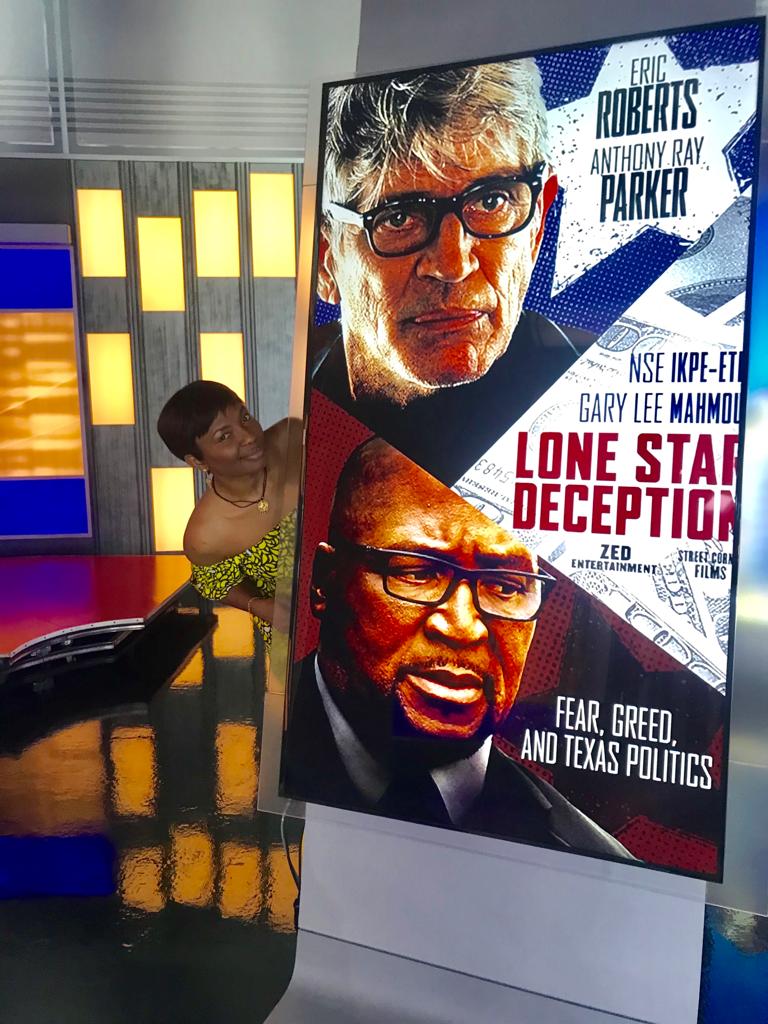
NPM: How did you go from being a computer scientist to a movie producer and a master storyteller?
DENCHUKWU: I became a film producer because my book editor at the time was a film director. One day he told me that they have an audition coming up. I thought it would be interesting so I asked to join them. I asked them to hire me so I can cook for them because I love to cook. I came to the audition and watched the actors leave who they are and become someone else. It was fascinating.
While I was there, I saw the screenplay, I kept looking at it, and I started making notes and circling things. I did not know that I was circling props and locations.
The director said to me “you just broke down the script”. I came on board as a production manager. Acting is not for me. I am terrible at acting. Therefore, I went from asking to cook to being a production manager. Before the end of the production, I became one of the producers. Since then I have produced, I think, thirteen films.
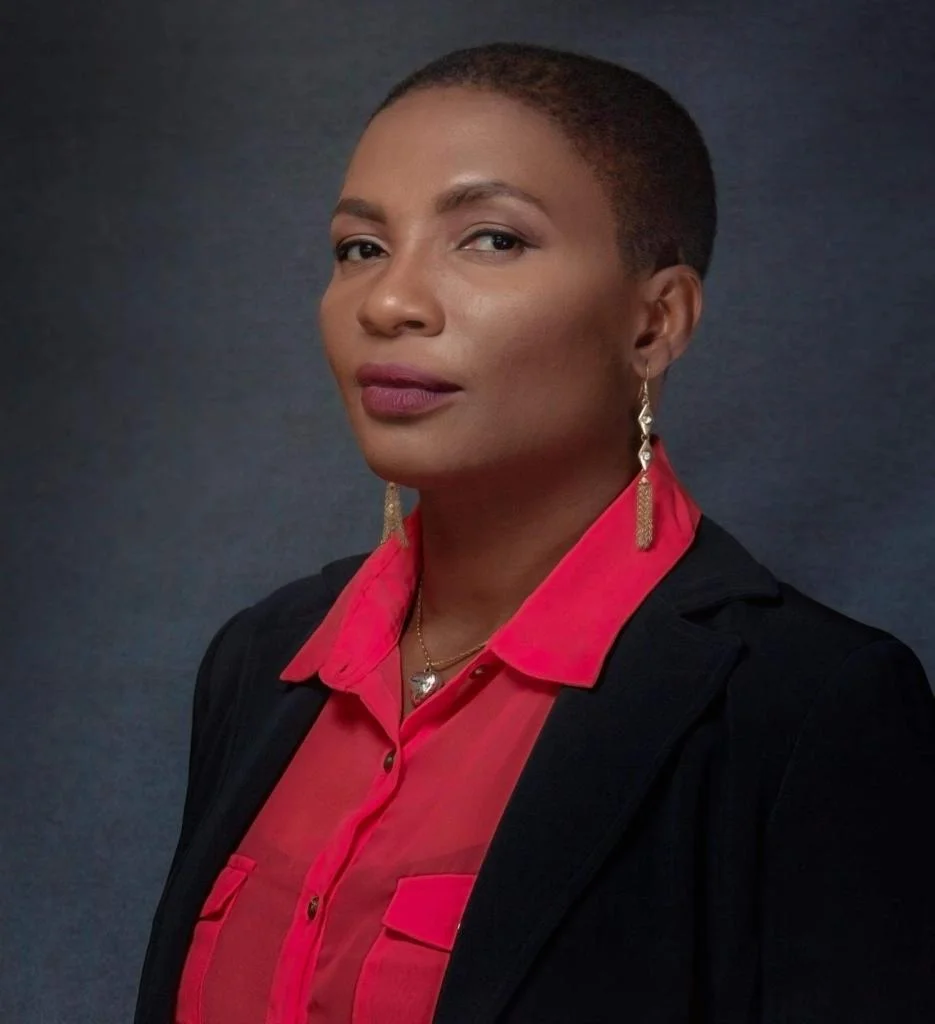
NPM: Let us get back to the meat and potatoes of what we do as Nigerian parents. You have children. Tell us about your parenting style.
DENCHUKWU: I have a relationship with my children. I always remember that they are people. Because I am a parent does not mean that I am the boss of them as they say.
You are the parent; you are not the boss of them really. For me, I always remember that I have a very good relationship with my children. I am their mother and their friend. However, they know not to mess with me. I am not one of those parents that will discipline their children by flogging them on the excuse that you are born and raised in Nigeria.
I have four kids and I love all of them the same. However, I have a different relationship with each of them because each of them is different. You relate with them based on their personalities. Children are like playdough; you mold them. This is actually the reason I started writing books for kids. You mold their mindsets when they are very young. I always say that childhood orientation is everything. For me, it is everything.
You should not raise a child in a toxic environment. Many times, we focus on a man being abusive to the woman but many times women are very abusive to men. You do not want to raise a child in a place where the mom is abusive to the dad or the dad is abusive to the mom. What exactly are those kids going to learn? Again, for me, the environment is the key to raising a child. However, it does not mean that if you raise a child in a happy environment that they are going to be amazing children. There are other factors. I call my kids my “fantastic four” because they are awesome kids. They are humble, kind and sweet. However, just like me, they do not take crap from anyone. I think everybody should be that way in terms of not taking crap considering the world that we live in today.
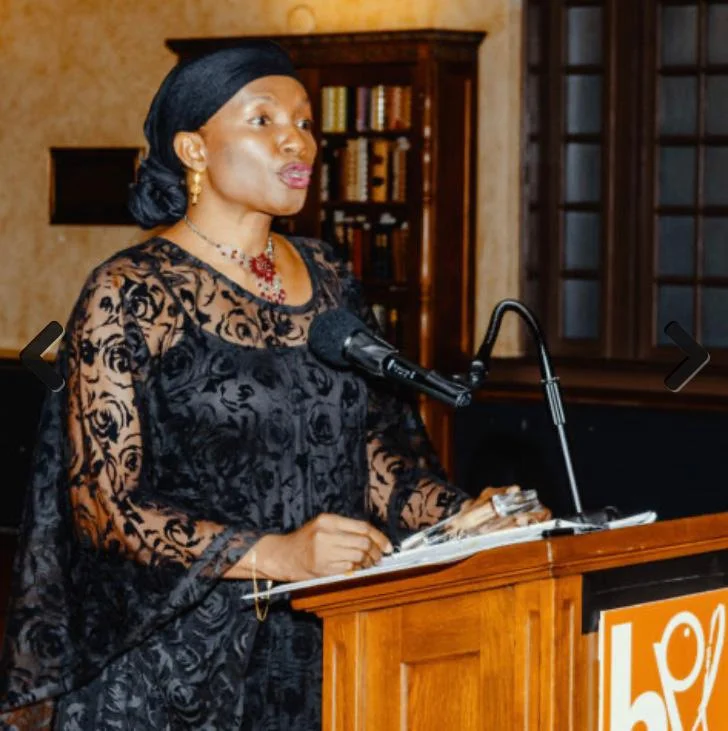
If you are not in a certain way, people just take advantage of you and think that you are stupid. It is important that you understand your children and listen to them. I do not talk at them. I talk with them and that makes them comfortable to talk to me. I always tell them no matter how stupid what you did is; do not be scared to tell me. Considering our typical Nigerian selves, being born and raised back home, we have the mentality and the orientation that our children have to be a certain way because our parents raised us that way. We have the same mindset or attitude in raising our children. We forget that our parents had the best method in raising us. To me, it makes sense to look at things critically.
NPM: The fact that you grew up in Nigeria, does that have anything to do with the way you raise your children now?
DENCHUKWU: Being born into a polygamous family is different. It is completely different.
However, it still boils down to my mom raising my siblings and me. My father died when I was 12 years old. Even before he died, I did not have a strong relationship with him. However, I have always had a relationship with my mom. She is my best friend. She molded my mindset in so many ways. I use that to raise my kids. My mother always told me to do my part and do my best. I tell my kids the same thing. Do you part; do your best. As long as you are giving your best and all you got, even if it is not good enough for the person that you are relating with, at least you did your best. That is how I relate with them and that is how they are.
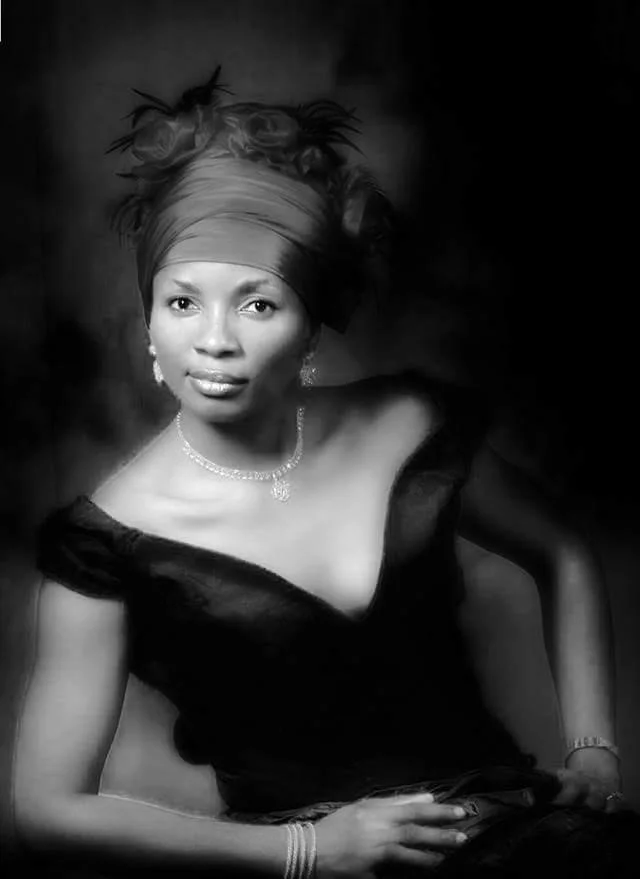
Even when my kids did not do something, the way that I expected them to do it. I will tell them that what matters is that they did their best. Tomorrow is another day, do your best and be better than you were yesterday. It goes back to communication. I do have conversations with my mother until today. That is how I raise my kids. I always prayed to God to use the best of me and the best of their father to mold them. However, they can be imperfect in their ways because no one is perfect. My mother taught me so much. She taught me to think about things before I say it, because once it comes out from your mouth you cannot take it back. This is what I tell children.
NPM: You mentioned that your children know not to mess with you. Let us talk about how you discipline your children. Every parent has to have a way to discipline the children. What is your method?
DENCHUKWU: It depends on the age. For example, my 20 year old, being in America, is an adult. However, I still discipline her. We have a long lasting good relationship, going back to when she was much younger. I set the standard that she never talked back to me when she was younger. Some parents make excuses for their child talking back at them. For me, I started when they were young to tell them not to interrupt me when I am talking. However, when they are talking, I do not interrupt them. It is all about mutual respect. Because they are young does not mean that you should not respect them. I laid that foundation with my children. That foundation is helping me with the way I relate with my children and still discipline them.
My son who is 18 years old knows not to just go and hang out with his friends without having a conversation with me. This is because I have already laid the foundation when he was younger. My 15 year old loves to play video games. Last night he played his game for too long. I looked at him and told him he had 30 minutes to go to bed. He knows that when I say 30 minutes, it’s 30 minutes. Sometimes, I will be nice and extend their time when they ask me. However, the most important thing is to be firm.
NPM: What other projects are you working on?
DENCHUKWU: Well, I cannot discuss the details of it because it is not public. However, I can promise you that it is very interesting. I think that it is something to which many Nigerians and Africans can relate. We are going to learn from each guest’s experience or profession and orientation. I am the producer of my new project. However, the host asked me to be one of the guests. Part of the conversation was in my book Tribal Echoes.
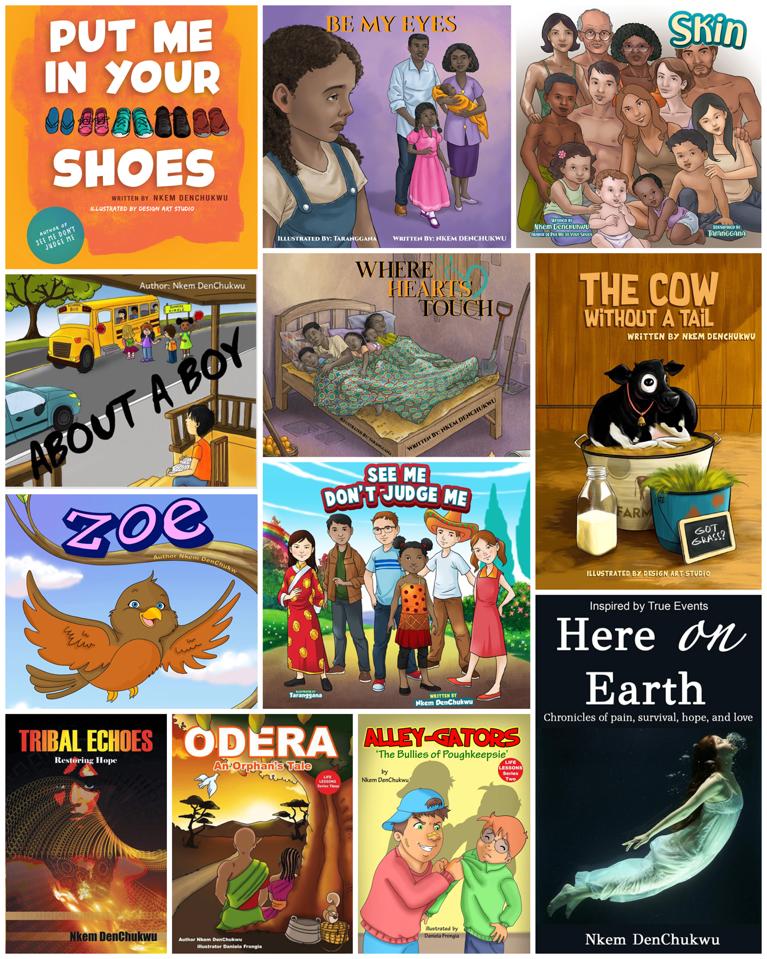
In addition to this project, I have a short film project to shoot in Florida this spring. I do not get excited over projects until I see the money in my account. I have also started to animate my children’s books. I believe that when you sit, wait, and hope that someone opens the door, you are probably going to wait forever. The best thing is to do your best and start from somewhere. I am currently working on my first children’s book animation.
NPM: You are a very busy girl. Between your children and work, how do you have time for yourself?
DENCHUKWU: It is very necessary. Sometimes, it is exhausting, especially when I am the producer. Being a producer is a lot of work. However, I am a big fan of mindset and mental health. Therefore, I guard my space. My house is my safe haven. I also guard my mind. The way I accomplish many things is to make sure that I am in the right mindset. I am also an optimist. However, sometimes when things are not going well, I feel a little hopeless but I do not let it linger. The most important thing is life. When you are healthy and alive, things come into play.
Looking back, the truth is that now that my children are older, things are better. When they were younger, I used to take them on set. To answer your question, I make it a point to make time for myself. I tell my children that if I am not mentally and physically well, there is no way I can take care of them the right way. Yes, I like to cook but I also like to go out to eat, have a glass of wine. I go on a trail and walk five miles or stay at home and do aerobics. My kids know not to mess with my time. Remember, life goes on with or without me.
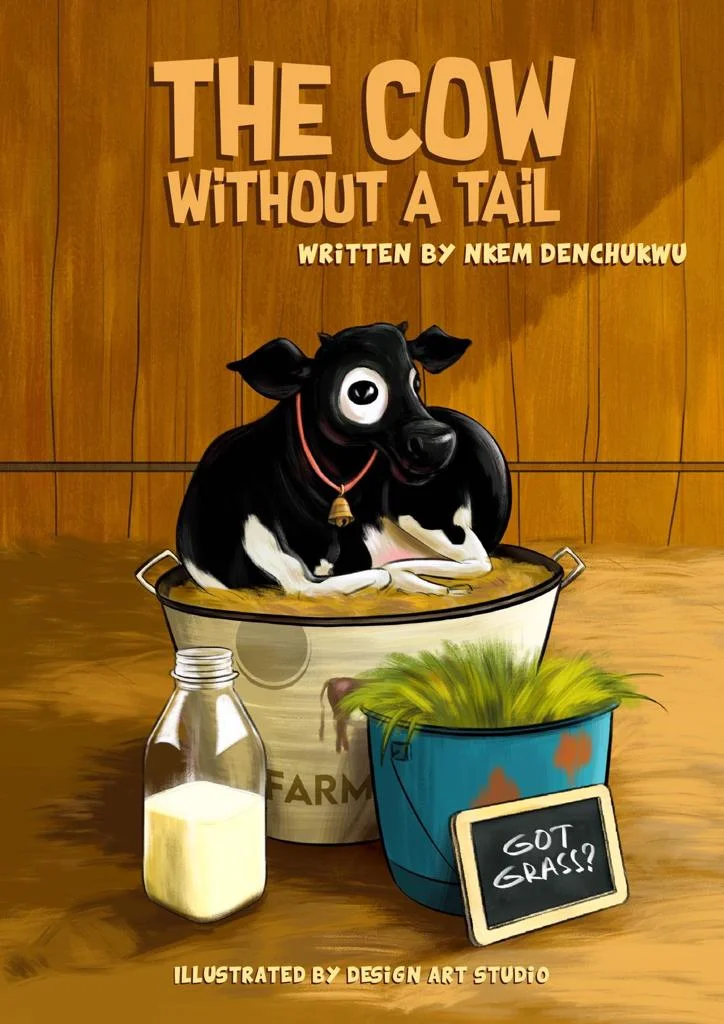
NPM: This is an opportunity for you to talk to our audience. Is there anything that you really want to share that we have not touched?
DENCHUKWU: Well, as a human being, you have to remember that you are unique and special but you are not perfect. It is okay to feel down and hopeless sometimes, but try not to stay there too long. Remember, you are the most important person in your life. Do your best against all odds. Many times, we do not get the support that we need from people. It could be from your friends or your family, but the most important thing is to do your best. Every moment you are alive is an opportunity that could be better.
NPM: Thank you for joining Nigerian Parents Magazine for this interview.
DENCHUKWU: Thank you for having me.


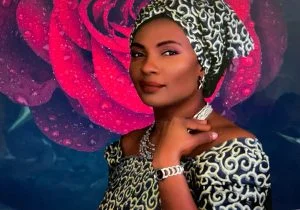
This Post Has 2 Comments
Woah! What an interesting interactive session.
If I say I didn’t learn one or two points from this, I’d be lying.
Your story motivates alot, so long there’s life,we gotta keep pushing,never relents and also appreciate the little we were able to achieve 👌.
Hope your children’s story books would be available in our Nigerian bookshops.
P.S, You motivate me!✌️
Indeed! Thank you, Oma. It’s been challenging to make my books available in the Nigerian market. But, I will keep making efforts to. Sorry for my late response. Happy New Year!